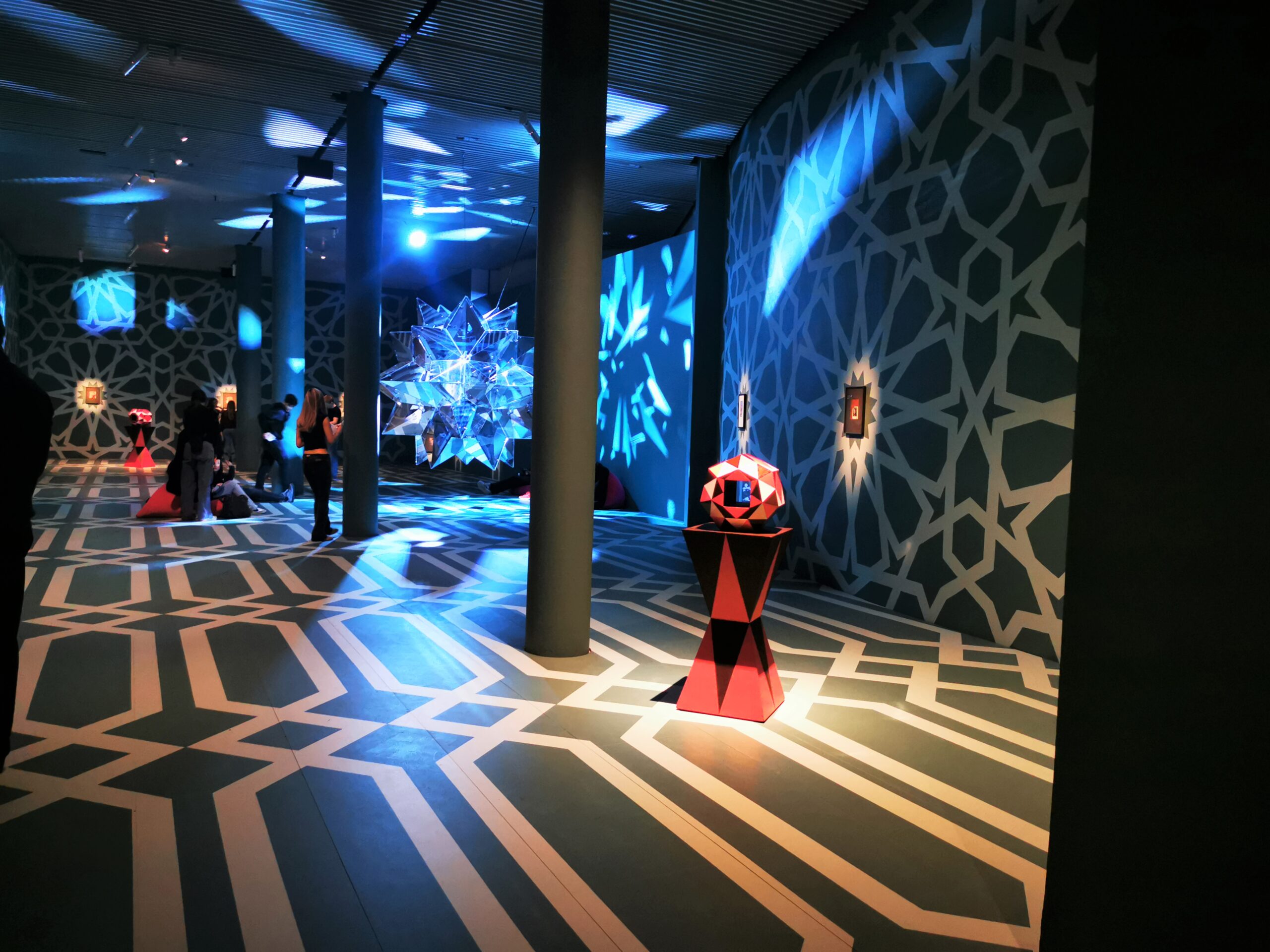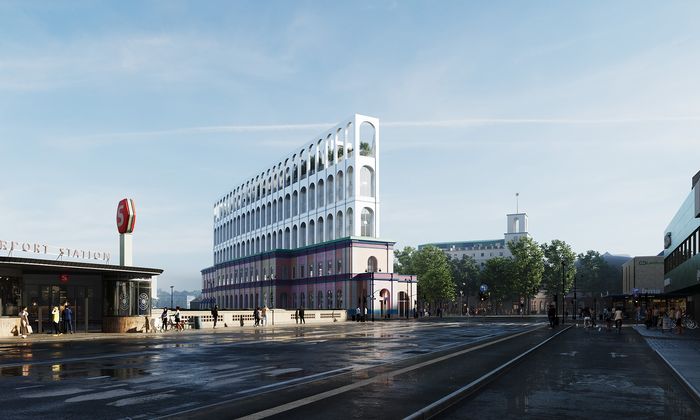 It’s called the presidency, so it must be important. This basic logic comes with a shiny new logo, a big staff, lots of publicity and a chance to rub shoulders with the big names in Brussels.
It’s called the presidency, so it must be important. This basic logic comes with a shiny new logo, a big staff, lots of publicity and a chance to rub shoulders with the big names in Brussels.
All key selling points to an audience at home – but does the influence match the fancy title?
The rotating presidency was introduced to give every country the chance to share the glory, and the administrative burden, of running the European Union.
The rotating presidency heads the Council of the European Union, also known as the Council of Ministers. During the presidency, each Danish minister will chair meetings in the area of their respective portfolio, which will be attended by all their counterparts from the other member states. For example, the Danish agriculture minister will chair the agriculture meetings.
When the rotation started in 1958, the prime minister and the foreign minister of the presidency country traditionally held the top spots. But since the expansion of the EU in 2002 – during Denmark’s previous term as president – and the signing of the Lisbon Treaty in 2009, the presidency has had a makeover.
The biggest change has been the creation of an EU ‘president’ and ‘foreign minister’. With the nomination of Herman Van Rompuy as president of the European Council, the EU now has a permanent official in charge of heading meetings of the government of all the member countries. In the area of foreign affairs – formerly another of the presidency’s primary responsibilities – the union now has a high representative responsible for foreign affairs and security policy. Catherine Ashton, who currently holds the post, has in effect become Europe’s foreign minister. She’s also head of the European External Action Service (EEAS), the equivalent of a European foreign service.
The spots were intended to give coherence and continuity to the roles formerly held by the head of government and the foreign minister of the country holding the presidency, but they also scaled down the responsibilities of the rotating presidency.
Now, “they don’t have anything to do,” said Peter Nedergaard, an expert on the EU at Copenhagen University. “They have to participate, but they don’t have a specific role.”
Still, even if the visibility of the top spots has been cut, there is still plenty of work and a lot to learn, according to Nedergaard, especially for members of the cabinet. The presidency gives countries, especially smaller member states, the opportunity to network, get to know the EU’s institutions better, and feel invested in the union, he said.
“There’s never been talk of abolishing it completely.”
Cabinet members will be more than busy chairing meetings for their respective portfolios. The climate minister will be occupied with the environmental meetings, while the finance minister will be occupied with the EU’s seven-year budget, which the government hopes will be ready to pass through parliament in the second half of 2012. This means they’ll have limited time to be at home in Denmark.
“During these six months, it’s difficult [for ministers] to play on their own ground,” Nedergaard said.
Before the Lisbon Treaty, the responsibility and the workload was actually too much for many countries, especially the small ones. Even now, the position is mainly about administrative heft.
“It’s a big strain on most countries,” Nedergaard said. “They’re not gaining much.”
The size of the staff at Denmark’s embassy in Brussels has almost doubled to 160, according to the Brussels-based newspaper EU Observer, and since the 2002 enlargement, the workload has increased.
Even in foreign affairs, where the presidency has no prerogative, Denmark will occasionally step in to lend a hand upon Catherine Ashton’s request. And Helle Thorning-Schmidt, a former MEP herself, will lend a well-known face to the presidency.
Ultimately, it’s about cohesion and efficiency, according to Nicolai Wammen, the European Affairs minister. And a successful presidency isn’t merely about the strength of the EU – the government also has Danish interests squarely in mind.
“Holding the presidency is also a useful opportunity to brand Denmark as a nation abroad,” said Wammen. “The presidency will trigger European and international attention, which we will use to focus on Denmark’s strengths and which may ultimately support growth and employment in Denmark.”
The role of the presidency has changed, but the government, at least, still thinks the position is worthwhile. At home and abroad, it brings attention and prestige to Denmark, and for this term – the seventh time Denmark has held the position – they’re well prepared, Wammen said.













